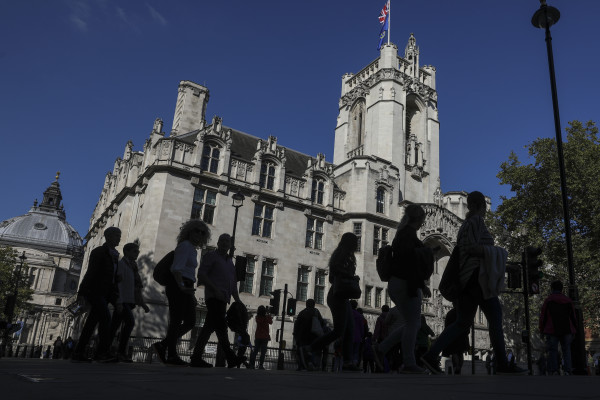If politicians were trustees however, with their trustee and fiduciary responsibilities, any power they may wield would be something the courts could get involved in policing under its supervisory jurisdiction in respect of trustees: the court could scrutinise whether an exercise of power was plainly wrong, went too far or was unreasonable; or was motivated by an improper purpose, conflict of interest or irrelevant factors.
Without real accountability of this kind there is no trust: the minder would effectively become the recipient of the gift.
The issue with Boris' purported prorogation
Constitutional law 101 in the UK is that Parliament is supreme.
If the Prime Minister's power to temporarily suspend, or prorogue, Parliament is not kept within bounds and could be used to undermine the supremacy and functioning of Parliament it would mean the Prime Minister is effectively supreme, above Parliament.
It may be thought unlikely that the power to prorogue was created for this purpose then rather than for logistical purposes aimed at the orderly function of Parliament.
Indeed the UK Supreme Court not only ruled that it has a supervisory jurisdiction over government prerogative powers and there is a legal question to answer; but the stymying effect on Parliament of Boris' prorogation, at an exceptionally important time for the UK, meant that without reasonable justification it was unlawful and of no effect.
There is no question that trustees too cannot exceed their powers or use them for improper purposes. In these cases the attempted exercise of power would also simply amount to nothing.
These rules are not written into every trust document; but are creatures of the courts developing common sense and appropriate bounds on the powerful discretion of trustees.
That beneficiaries under a trust can get together using rights to collapse the trust and wrest back their assets (like the electorate can do in theory at general elections) does not mean the court cannot also rule on improper/excessive exercises of power.
It is true that in most cases the courts need not exercise trustee, or indeed political, discretion.
That is rightly a matter for trustees and politicians respectively. But policing the purpose and boundaries of discretion entrusted by others is as much at the heart of a constitutional democracy as it is at the heart of trust law.
Removing trustees: if Boris was a trustee would he now resign or wait to be removed from office?
Following the ruling of the Supreme Court it is clear that this particular prorogation by Boris is unlawful and of no effect. But does this mean Boris should no longer be Prime Minister?











